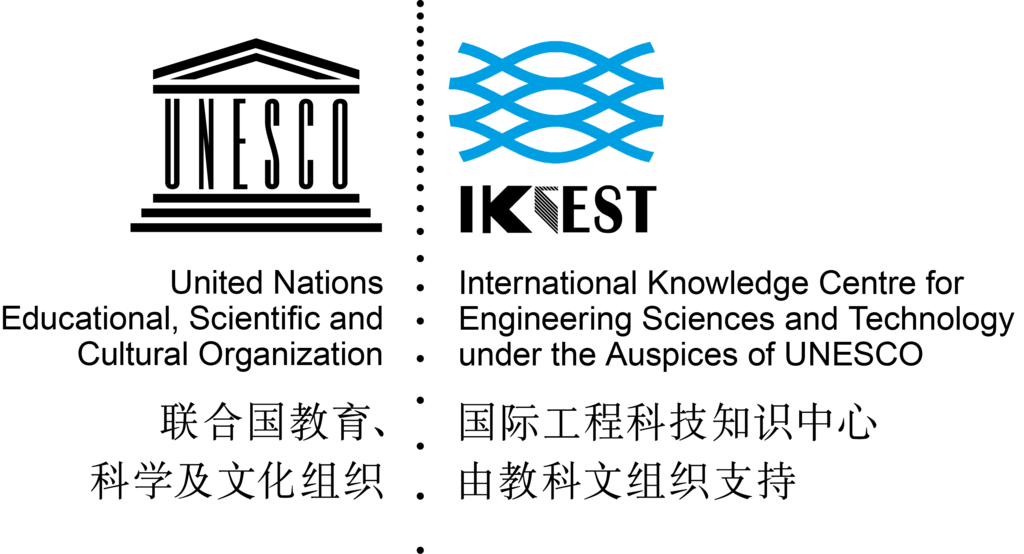On 15 May 2023, Mr. Borhene Chakroun assumed his position as interim Director of the UNESCO Institute for Lifelong Learning (UIL). In an interview, he shares his perspective on the state of lifelong learning, the challenges ahead, and the role that UIL can play in addressing them, as well as priorities for his time as acting Director.
As the Director of the Division for Policies and Lifelong Learning Systems at UNESCO Headquarters and now the interim Director of UIL, what is your personal motivation to promote lifelong learning?
First and foremost, I am a lifelong learner myself! I have had the opportunity to learn in various contexts throughout my academic, professional and live journey. Studying in different countries has been an integral part of my trajectory and learning path. I have also worked on lifelong learning as part of my academic work, with my PhD focusing on the validation of prior learning and adult learning. Furthermore, in my professional life, I have dedicated myself to exploring ways to support learning pathways and examining lifelong learning from diverse perspectives – from a perspective of formal, non-formal and informal learning, from a perspective of early learning to adult learning – while considering how we can recognize and value learning happening in different contexts. Finally, I have learned from and with others, joining communities of practices on-line and off-line.
Countries around the world have committed to promoting lifelong learning opportunities for all by 2030 under the 2030 Agenda for Sustainable Development. What is your view on the current global state of lifelong learning, and what challenges need to be addressed?
Sustainable Development Goal 4 encompasses lifelong learning opportunities for all. This aspect is often overlooked. We really have to emphasize the importance of this goal that was agreed upon internationally and come up with a bolder agenda to improve and to promote lifelong learning opportunities for all.
We are facing different challenges, and three of them are critical. The first challenge pertains to reaching the most marginalized and disadvantaged groups. Unfortunately, lifelong learning opportunities predominantly benefit those who are already skilled while individuals with lower qualifications, such as those who have exited the workforce, often miss out. Gender equality and the inclusion of minorities are critical in this regard. We need to reach the most vulnerable individuals and ensure that no one is left behind.
The second challenge revolves around our ability to establish systems that cater to diverse learning pathways and needs. While systems are structured, they do not necessarily accommodate different learning pathways, different needs, different life and work situations. The capacity to offer flexible learning pathways leveraging and connecting different learning settings that align with different requirements is a challenge faced by all Member States, regardless of their level of development.
The last challenge I see is related to the necessary policies and adequate financing for lifelong learning opportunities for all. Financing public policies in general, and financing education is already a challenge. Financing adult education presents a dual challenge. Firstly, adult education often falls outside the purview of specific departments or ministries, or it may be neglected altogether within the education system. Secondly, financing for adult education lacks precise targets for resource allocation. While we have set targets for SDG 4, such as allocating 4–6 per cent of GDP and 5–20 per cent of public expenditure to education, it does not provide sufficient granularity regarding resource allocation for adult education and lifelong learning. And lastly, the cake is small. Therefore, if we are genuinely committed to increasing resources for education and lifelong learning, we must explore avenues such as fiscal reforms, innovative financing methods, and a combination of domestic and international development aid for developing economies.
What role do you see for the UNESCO Institute for Lifelong Learning in responding to these challenges and in transforming education and learning?
UIL has undertaken significant work, particularly in placing lifelong learning on the policy agenda, for example through the recent Marrakech Framework for Action and before through initiatives like the International Conferences on Adult Education (CONFINTEA), the Global Report on Adult education and Learning (GRALE) and the Recommendation on Adult Learning and Education (RALE). So, we have a large set of instruments and programmes and that allow UIL to advance the policy agenda.
In terms of implementing lifelong learning around the globe, our work on the UNESCO Global Network of Learning Cities, on promoting Family and Intergenerational Literacy and Learning, and on strengthening the inclusion of vulnerable groups, such as prisoners, in lifelong learning is very important to advance towards Sustainable Development Goal 4. Our Global Alliance for Literacy is another platform offers member states an opportunity to address a major challenge we face globally.
Regarding financing of adult learning and education, the Marrakech Framework for Action and the CONFINTEA process more broadly have made notable progress in advancing this agenda. It is an area where our work with governments and various stakeholders can have a more significant impact. While we have been successful in setting the agenda, the key focus should now be on translating this agenda into reality by working with Member States to make the frameworks actionable and impactful.
What are your priorities for your time as acting Director?
I would like to prioritize three areas in the coming months. First and foremost, it is essential to effectively implement and accomplish the 2023 UIL work programme. With a comprehensive range of activities, our ambitious programme demands full commitment, mobilization and the capacity to deliver. I have great confidence in our team to successfully achieve these goals, as we align with the expectations of our governing body, constituencies, beneficiaries and Member States. The second priority is centred around our staff, focusing on fostering teamwork, enabling colleagues to further develop professionally and empowering them to drive their activities. Lastly, strongly positioning UIL within the UNESCO ecosystem, its education sector, among Member States, and cultivating relationships with the wider international community, including donors, financial partners and technical collaborators, is of utmost importance. And of course, a close collaboration with our host country Germany is key.
These three priorities will guide my interim leadership as I will build upon the excellent work accomplished by my predecessor, David Atchoarena.








 User Center
User Center My Training Class
My Training Class Feedback
Feedback












Comments
Something to say?
Login or Sign up for free